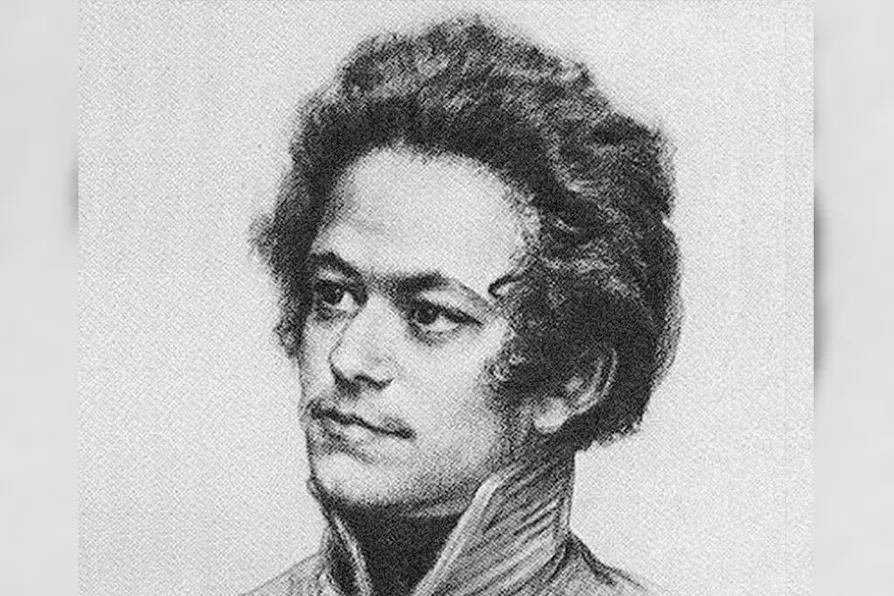New releases from Van Morrison, Tyler Ballgame, and Dry Cleaning

 Product of his times: the young Karl Marx
Product of his times: the young Karl Marx
IN A short appendix to this first of what is to be a multi-volume biography of Karl Marx — which is bound to become a referential touchstone for any subsequent treatment of his life and works — Michael Heinrich examines how biographical writing is possible today and the reader should start with this essay in order to recognise the intentions and detailed scope of his treatment of Marx through his childhood and youth from 1818 to 1841.
Recent biographers have historicised Marx, often fixing him in his time with the intention of suggesting he has little or nothing of relevance to say to us today. They also compartmentalise his life with chapter headings such as The Son, The Student, The Editor, The Emigre or The Revolutionary.

Peter Mitchell's photography reveals a poetic relationship with Leeds













